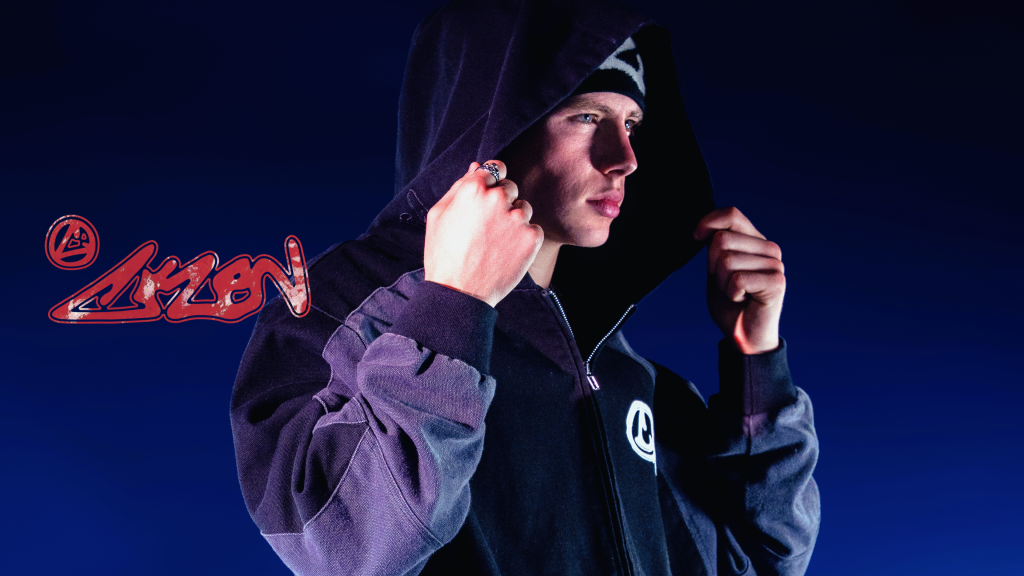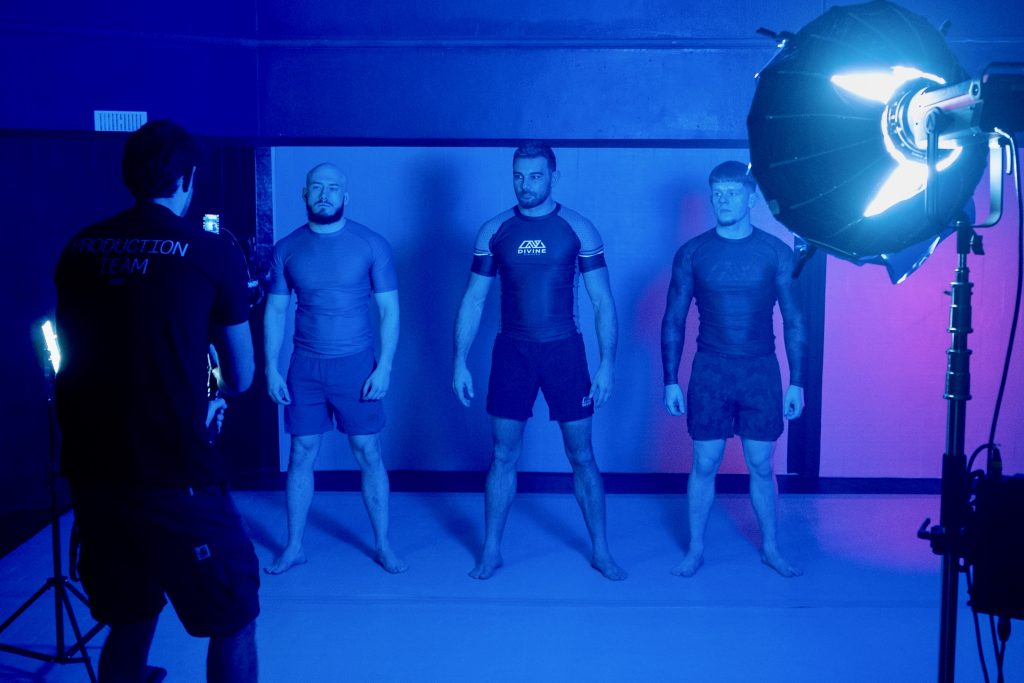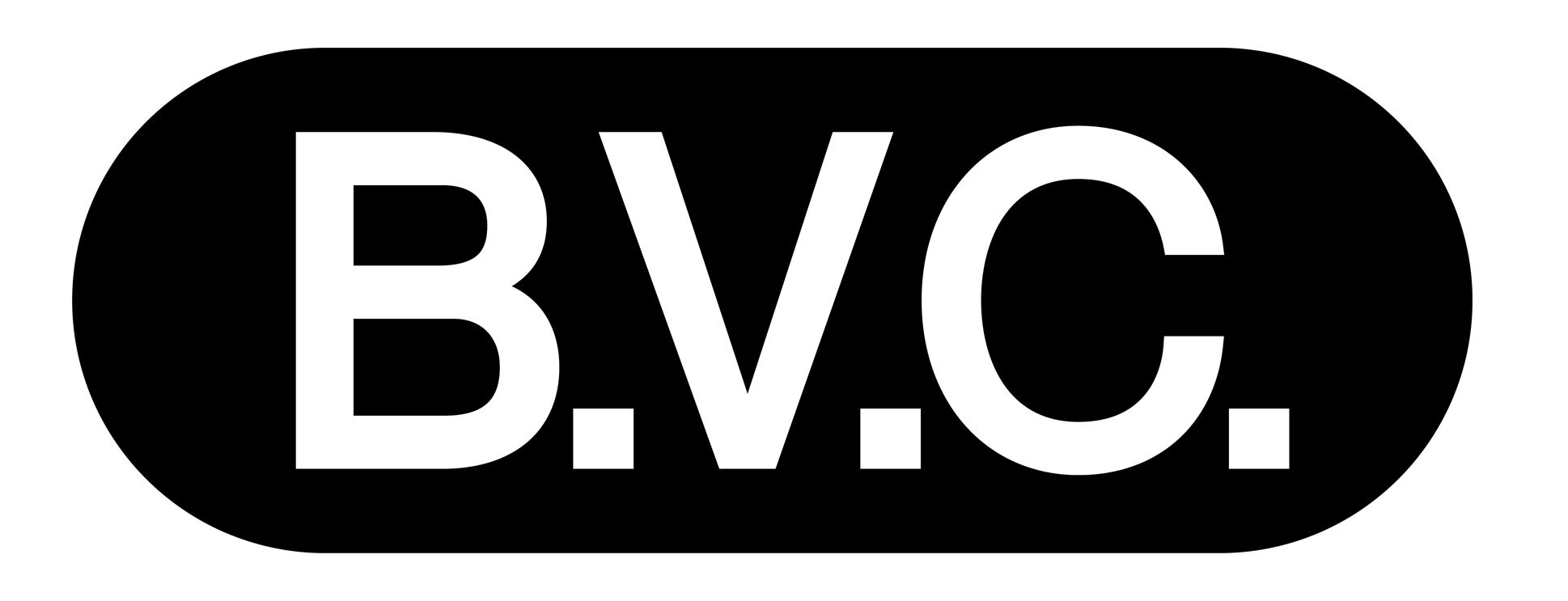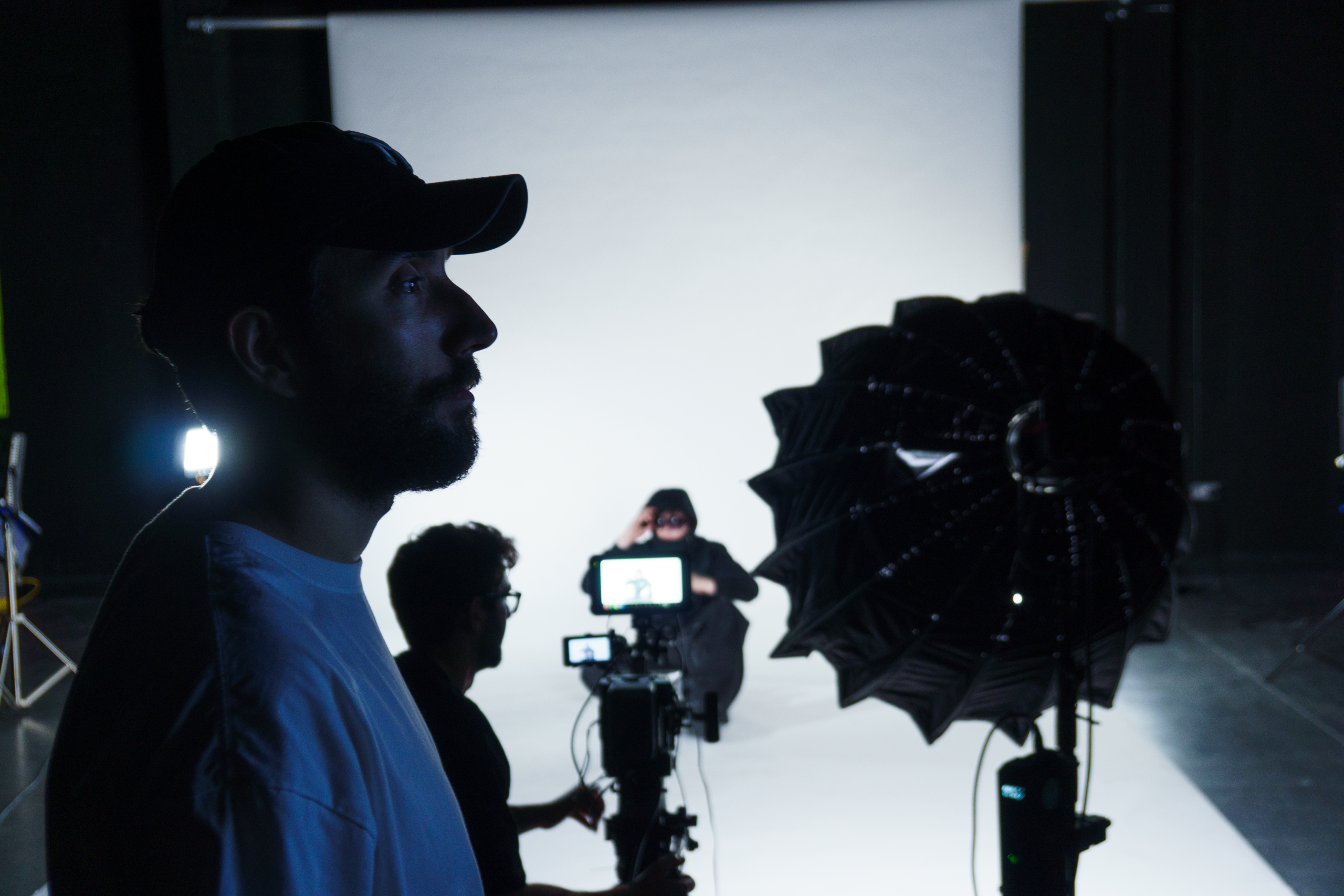The Hidden Magic of Lighting in Cinematography That Inspires Emotion
More Than Just Brightness
When people think of cinematography, they often picture cameras, lenses, or drones. However, lighting in cinematography is what truly gives a scene its power. It shapes the mood, sets the atmosphere, and directs the viewer’s eye.
In fact, the same space can feel warm and inviting with golden tones, or cold and distant with harsh white light. Because of this, lighting is never just about visibility—it is about storytelling.

Lighting Shapes the Story
Lighting in cinematography works like a hidden narrator. For example, bright and even setups suggest honesty and clarity. Soft, warm tones create intimacy and comfort. On the other hand, bold shadows add tension and mystery.
As a result, cinematographers often describe lighting as a visual language. It not only shows the story but also makes people feel it. Furthermore, viewers absorb this information instantly, even when they don’t consciously notice the light. To learn more, the American Society of Cinematographers has excellent resources.
The Psychology of Light in Cinematography
Lighting in cinematography also changes how people respond emotionally. Cool tones, for instance, suggest precision, calm, and modern design. In contrast, golden tones spark feelings of nostalgia, safety, and reassurance.
Consider an Apple advert with its clean, white look. By contrast, a whisky campaign often uses amber tones and dark shadows to suggest tradition and depth. Both approaches are effective. However, they communicate entirely different emotions. For a deeper dive, No Film School explains how lighting influences audience perception.
Why Lighting in Cinematography Matters for Business Videos
For businesses, lighting in cinematography is far more than a technical choice. In fact, it is the difference between a polished video and one that feels amateur.
In corporate interviews, good lighting makes people appear confident and approachable. Meanwhile, product videos depend on precise setups to highlight detail and texture. In addition, hospitality films rely on lighting to make food and interiors look appealing.
Therefore, brands that want to stand out must take lighting seriously. Because of this, investing in the right tools is essential. For reference, Aputure provides trusted lighting equipment.
Lighting in Cinematography: Current Trends
Cinematography continues to evolve, and lighting trends are changing fast. At present, several stand out:
- Natural Light: Filmmakers now rely on daylight for realism and authenticity.
- LED and Smart Systems: These lights are flexible, efficient, and colour-controllable.
- Practical Lighting: Lamps, candles, and neon signs inside the frame add authenticity.
- Bold Contrast: Strong shadows and highlights give videos a dramatic, cinematic edge.
Because of these shifts, brand films now look closer to cinema than ever before. Furthermore, filmmakers have more creative control with fewer resources. To explore these techniques further, the ARRI lighting knowledge base is a valuable resource.
(Image suggestion: A behind-the-scenes photo of a film set with softboxes and spotlights — alt text: “lighting in cinematography on a professional film set”)
Lighting Defines Your Brand
Every video tells a story. It may be about innovation, craftsmanship, or community. However, lighting in cinematography gives that story emotional depth.
Therefore, it can make your team look trustworthy. It can make your products look premium. In addition, it can make your brand unforgettable.
For inspiration, explore the BFI or check out independent work at Raindance. Both show how strong cinematography shapes meaning.

Let’s Create Something Striking Together
At Bristol Video Co., we treat lighting in cinematography as the heart of visual storytelling. We use it to set the mood, enhance emotion, and define brand identity. Furthermore, our team brings cinematic quality to every project, from corporate promos to global campaigns.
👉 Get in touch today and let’s light your next project the right way.
Aputure Lighting – https://www.aputure.com
(Reference for professional lighting gear.)
British Film Institute (BFI) – https://www.bfi.org.uk
(For readers interested in UK film and cinematography culture.)
American Society of Cinematographers (ASC) – https://theasc.com
(Industry authority on cinematography techniques and trends.)
Cinematography.com Forum – https://cinematography.com/
(Community discussions on techniques, gear, and production challenges.)
Raindance Film Festival – https://www.raindance.org
(Independent filmmaking hub with blogs and resources on craft.)
No Film School – https://nofilmschool.com
(Popular resource for filmmakers on cinematography, lighting, and gear.)
Arri Lighting Knowledge Base – https://www.arri.com/en/learn-help/learn-help-camera-system/lighting
(Deep dive into professional lighting techniques.)
ScreenSkills UK – https://www.screenskills.com
(For readers who may be curious about training in cinematography and production.)
PremiumBeat Blog – Filmmaking Tips – https://www.premiumbeat.com/blog/filmmaking/
(Regularly updated articles on cinematography and editing trends.)
Creative Review – Visual Storytelling – https://www.creativereview.co.uk
(Industry perspective on creativity, branding, and visual communication.)
Subscribe to our
newsletter.
Get valuable strategy, culture, and brand insights straight to your inbox.
By signing up to receive emails from Bristol Video Company. We treat your info responsibly. Unsubscribe anytime.




